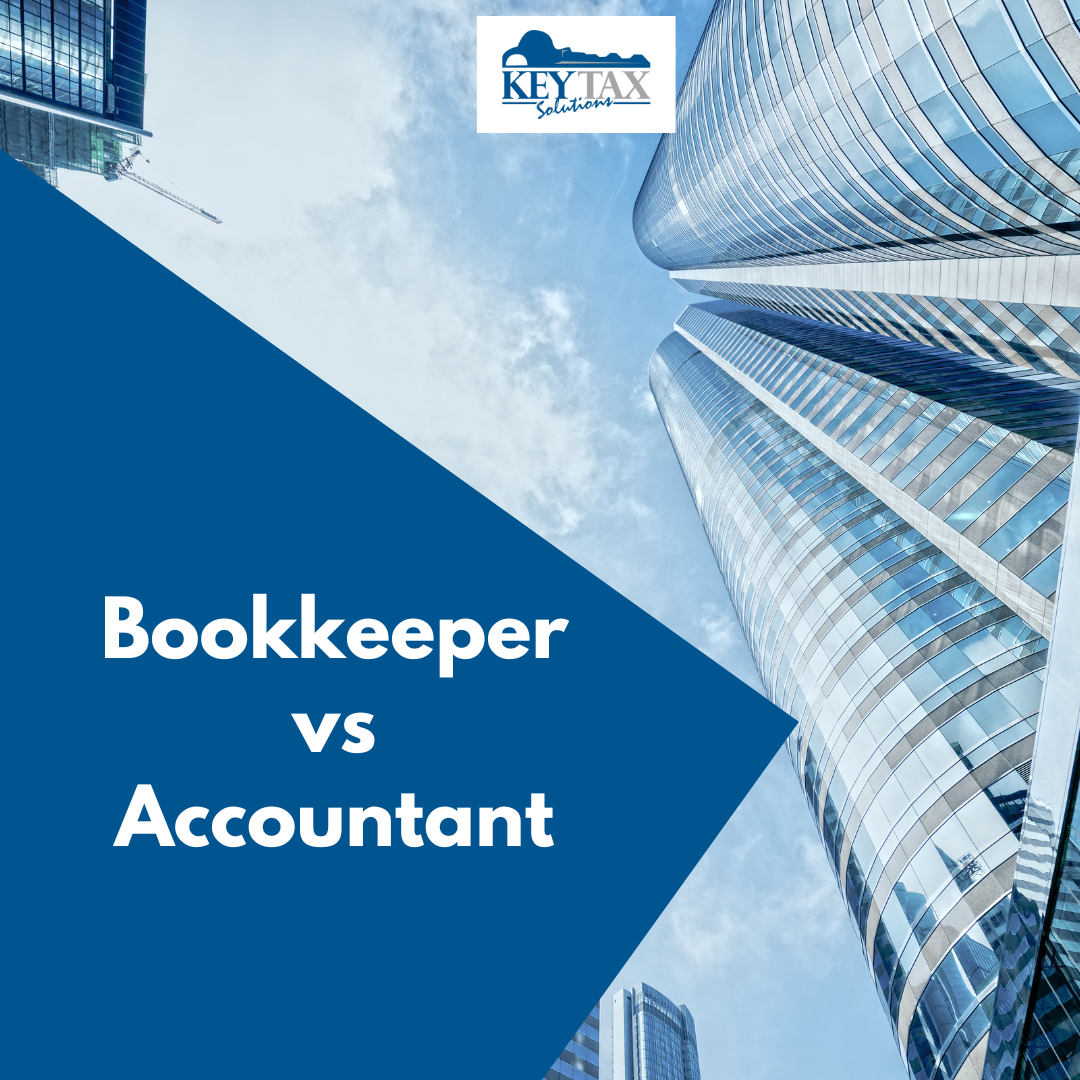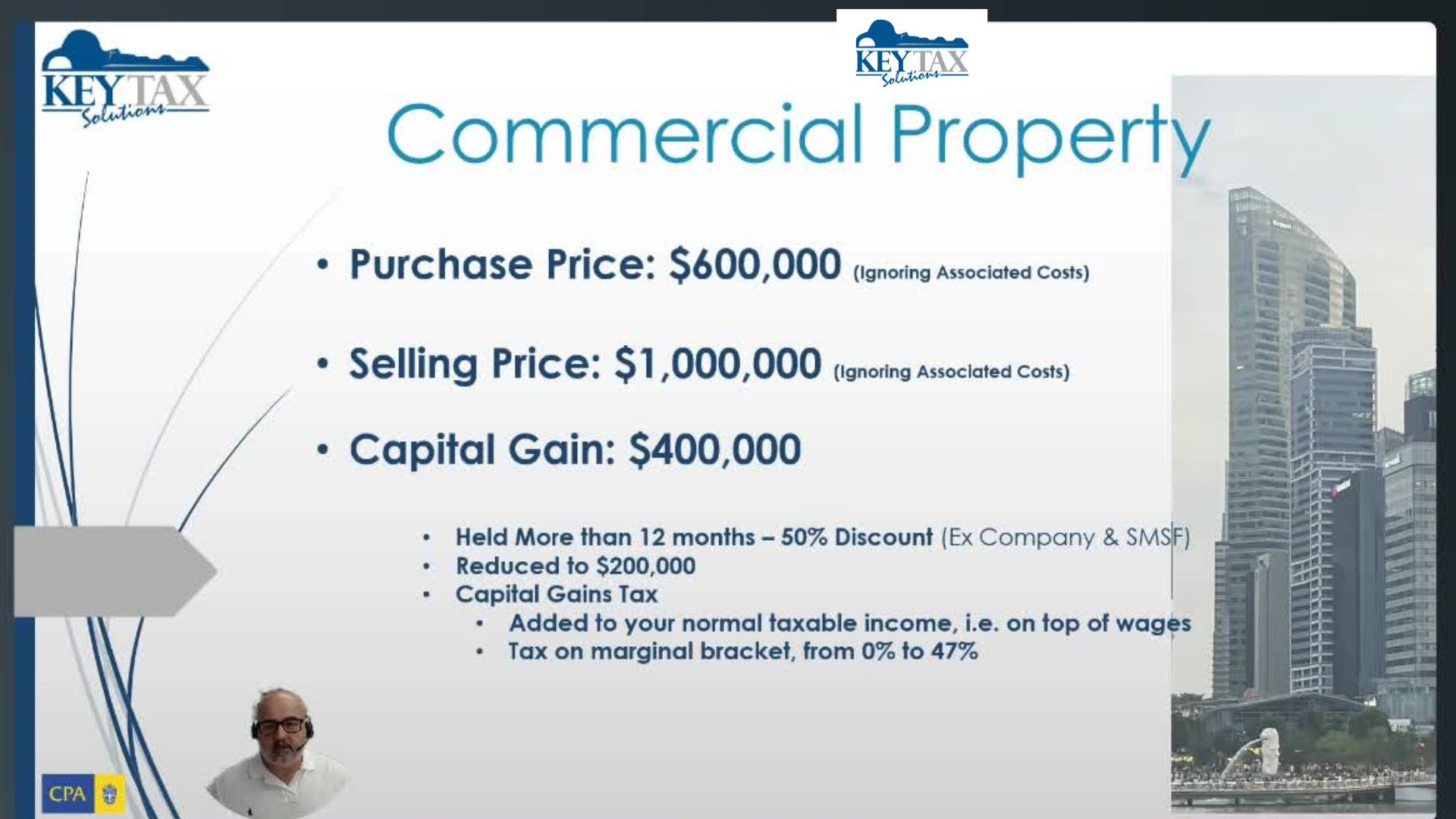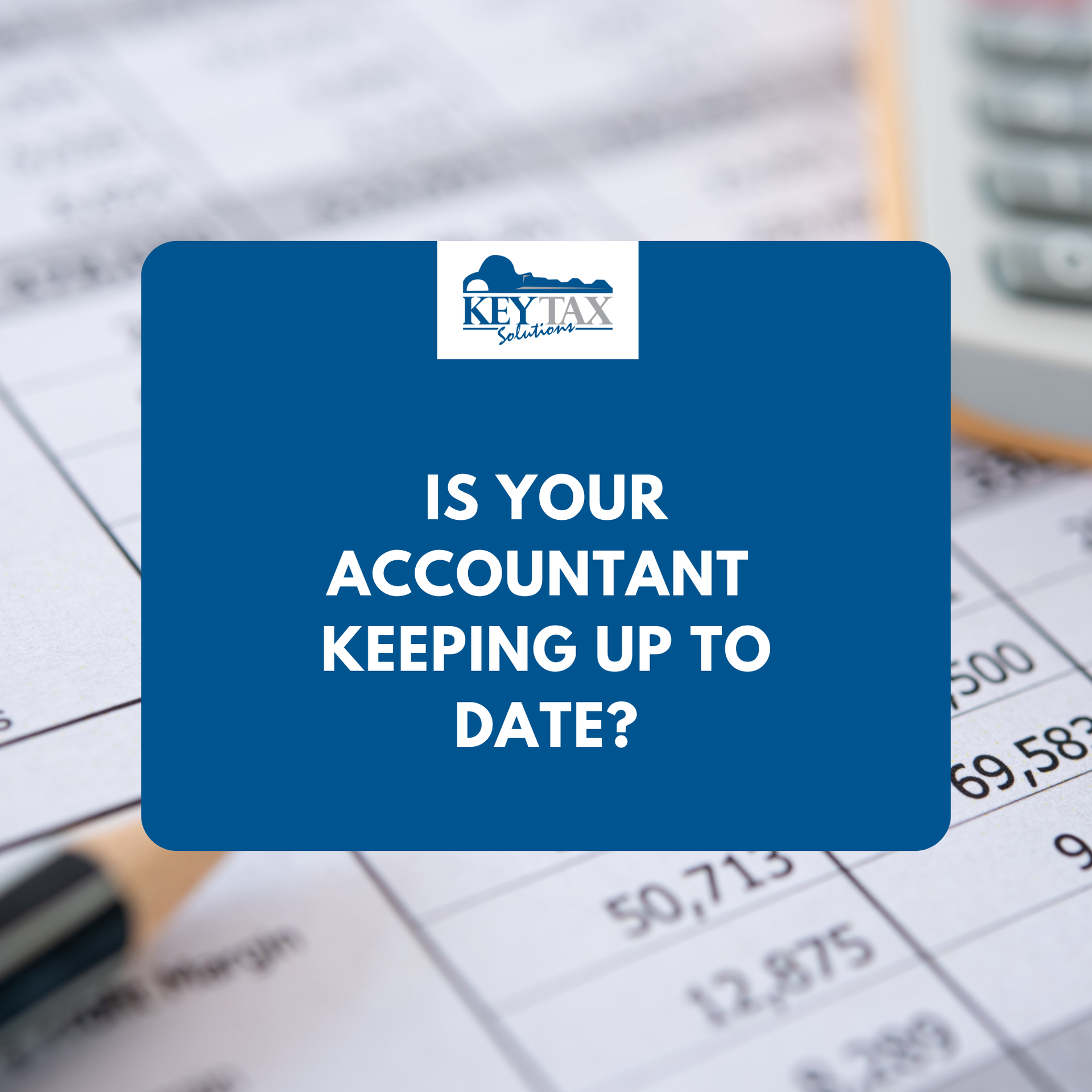𝐁𝐨𝐨𝐤𝐤𝐞𝐞𝐩𝐞𝐫 𝐯𝐬 𝐀𝐜𝐜𝐨𝐮𝐧𝐭𝐚𝐧𝐭
Bookkeeper vs Accountant
Have you ever wondered what is the difference between a bookkeeper and an accountant? Here are some of the key differences:
𝐑𝐞𝐬𝐩𝐨𝐧𝐬𝐢𝐛𝐢𝐥𝐢𝐭𝐢𝐞𝐬:·
▪️ Bookkeeper:
Responsible for recording day-to-day financial transactions; such as invoicing, payroll, creditors and debtors. Accurate record keeping.
▪️ Accountant:
Comprehensive approach to financial management; analyses and interprets financial data. Prepares financial statements, tax returns, and other reports for compliance and decision-making.
𝐑𝐞𝐠𝐮𝐥𝐚𝐭𝐨𝐫𝐲 𝐂𝐨𝐦𝐩𝐥𝐢𝐚𝐧𝐜𝐞:
▪️ Bookkeeper:
Maintain compliance with financial regulations and standards in day-to-day transactions
.▪️ Accountant
Ensures overall compliance with complex tax laws, financial regulations, and accounting standards
𝐅𝐢𝐧𝐚𝐧𝐜𝐢𝐚𝐥 𝐀𝐧𝐚𝐥𝐲𝐬𝐢𝐬 𝐚𝐧𝐝 𝐑𝐞𝐩𝐨𝐫𝐭𝐢𝐧𝐠:
▪️ Bookkeeper:
Does not engage in in-depth financial analysis. The focus is accurate data entry and recording.
▪️ Accountant:
Conducts financial analysis to identify trends, strengths, weaknesses, and opportunities. Prepares financial reports for management, stakeholders, and regulatory authorities.
𝐓𝐚𝐱𝐚𝐭𝐢𝐨𝐧:
▪️ Bookkeeper:
Records financial transactions to assist accountants.
▪️ Accountant:
Specialises in tax planning and advisory services. Prepares and lodges tax returns, provides tax advice, and ensures compliance with tax laws.
𝐃𝐞𝐜𝐢𝐬𝐢𝐨𝐧 𝐒𝐮𝐩𝐩𝐨𝐫𝐭:
▪️ Bookkeeper:
Usually not involved in strategic decision-making, assists with accurate data preparation.
▪️ Accountant:
Offers financial advice and strategic input to support decision-making. Assists in long-term financial planning and budgeting.
Accountants and bookkeepers work together. The collaboration between them ensures that financial records are accurately maintained and compliance requirements are met.

















